As we head into the final days of August and round the bend into the fall, students of all ages are on their way back to school. AFSCME members who are parents may be thinking about what the new academic year will hold for their children, especially those who are entering college for the first time. As a parent, I have always been curious what my kids’ lives were like when they entered new settings, from kindergarten classrooms and playgrounds to trade schools and universities. And I wondered what they carried with them from home: what beliefs, values, lessons and resources.
I have gotten a glimpse of what some AFSCME children and grandchildren are taking with them as they head to college this fall by reading essays submitted to the AFSCME Family Scholarship program. I appreciate reading these essays each year; they remind me of who we are as a union, the power of our solidarity and the impact we have. In this post, I’ll share some of the insights and inspiration that these students have gained from their parents’ membership and activism in AFSCME.
Many Family Scholarship essay writers describe the dignity of the work their parents do in public service. Farihah Kemp writes that her father “performs one of the most physically demanding and important jobs in our community” as a sanitation worker. “Every hour I spend working is a reflection of the lessons he’s taught me: that hard work is honorable, that every contribution matters and that we are stronger when we support one another.” Kimberly Wang makes the connection between union power and the dignity of the work her mother does as a nurse: “the union fights to ensure her the work-life balance that maintains her pride and passion for her profession while still being a full-time mother.”
We often talk about “the union difference.” But no one describes the power of the union as eloquently and powerfully as the children of AFSCME members. Sophia Dailey writes that everything changed for her family when her mother began working for the state. “Because of AFSCME’s continual fight for fair wages, my mom did not need to work four jobs anymore.” Christina Shaju writes that when her father became a corrections officer and AFSCME member it was “a huge relief and alleviated the strain of a paycheck-to-paycheck lifestyle.” Emilia Regan-Boné is aware of the value of medical benefits that AFSCME members like her father, a road maintenance worker, have won through contract negotiations. Those benefits ease the “worries that many families today face.” Aaron Gill’s father, a social services worker, was fighting stage 4 cancer when Aaron submitted his essay. He felt relief that his father could “get the treatment he needs without the crushing weight of financial ruin.” Alivia Foster, the daughter of a public school secretary, sums it up perfectly: “It is not just about financial security; it is about the ability to dream and aspire to a better life.”
Family Scholarship essay writers have taken notice of their parents’ passion for public service and advocacy for their co-workers and communities. Emilie Garrabrant sees that her “mother’s membership in AFSCME has granted her the tools to advocate not only for herself but also for the vulnerable individuals she serves [as a social worker]. This dual commitment to worker and client rights is a principle I carry forward.” Mason Jordan watched his mother, a 911 dispatcher, become a shop steward for her local and organize her co-workers into a stronger force for change in the workplace. “I have learned from her that this advocacy is a crucial skill that can and will carry an organized group to success.”
In addition to carrying such lessons with them, many of these students now aspire to work in public service themselves. Some of them have already volunteered for their communities in ways that are inspired by their parents’ lives. Aadarsh Kumar tells the story of his mother’s arrival in the United States as an immigrant from India and her discovery of the local library, where she was “astounded by the sheer number of books that were freely available for anyone to check out.” As Aadarsh was growing up, his family visited the library each week and learned to read and write in English through the library’s programs. Later, his mother became a library worker herself, and Aadarsh joined her there as a volunteer and taught programming workshops for middle school students. “Libraries are one of our most sacred institutions, and ours would not have the resources it has today without the work of AFSCME,” he writes. He plans to utilize his “passion for public service to advance equity and inclusion in our communities.”
I hope you get as much pride and pleasure as I do from reading the breathtakingly powerful words of these AFSCME children. These students are heading to college at a time when the financial aid environment for working families has become more precarious than ever. In fact, the proposed Trump administration budget for 2026 included a 23 percent reduction to Pell grant awards. Though the Senate ultimately rejected the proposed cuts to the Pell grant program, it demonstrates the White House’s priority of paying for tax cuts for the wealthy by slashing programs on which working families rely. That is why AFSCME continues to fight for programs like Pell grants, student debt relief and apprenticeship programs — to ensure that all students have the opportunity to pursue their dreams. And it is also why assistance like the AFSCME Family Scholarship program is more meaningful than ever.
If you have a child or financially dependent grandchild entering their senior year in high school, you can send them to our website to find out more about the program. Applications are due on December 31 each year. Information about other scholarship opportunities for members and the Union Plus College Program can also be found online.
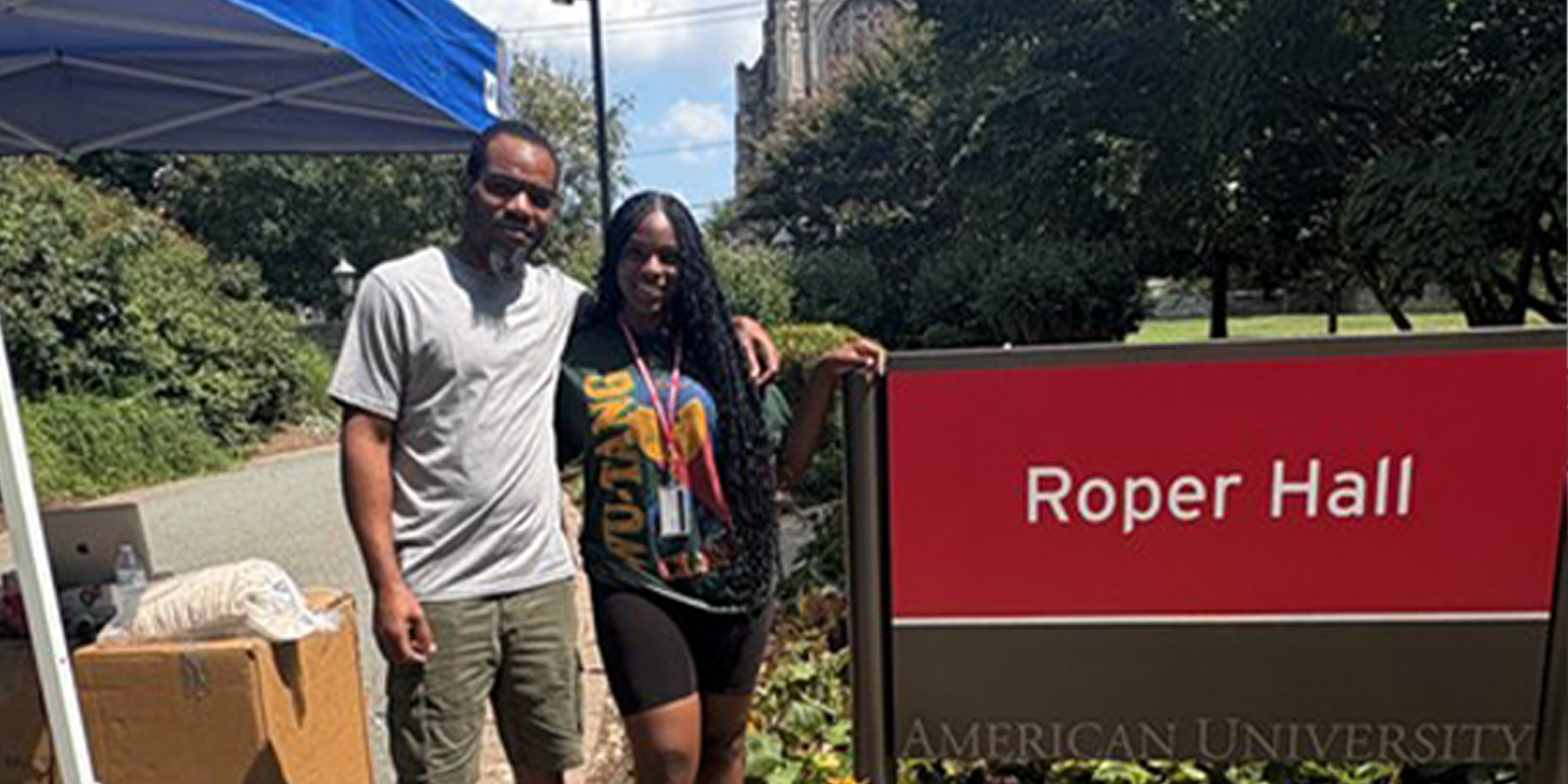

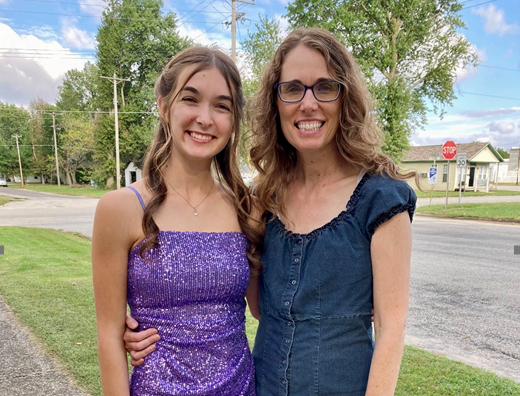

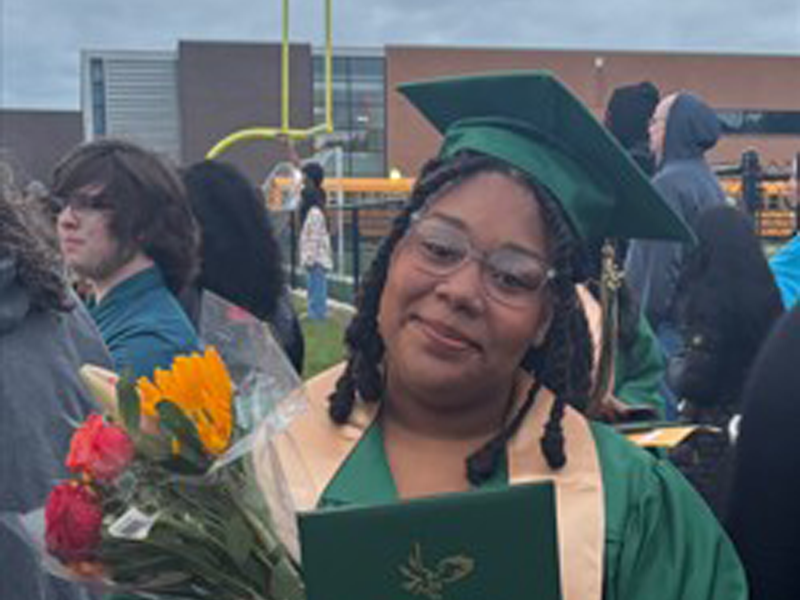
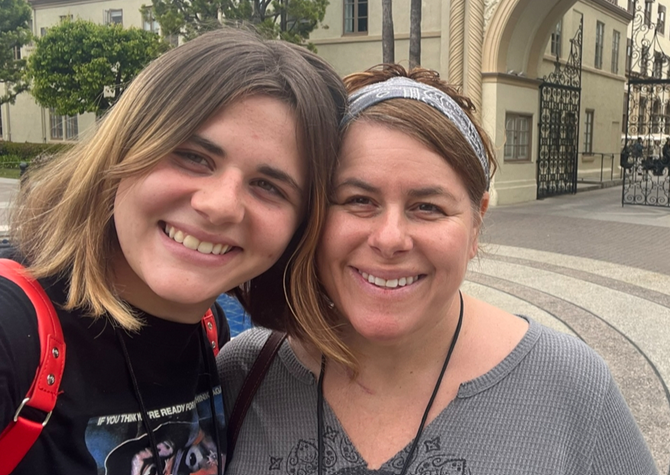
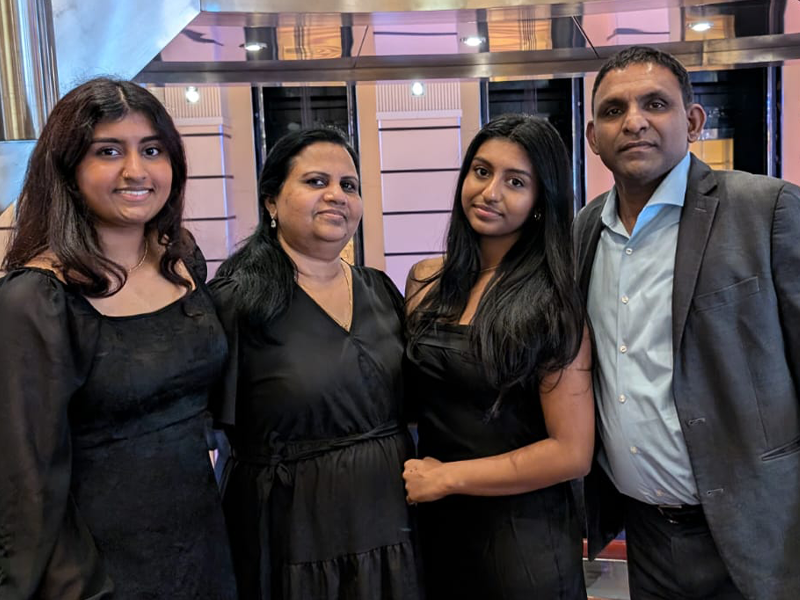
.png)